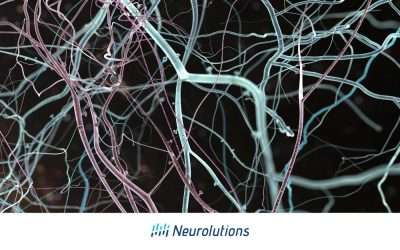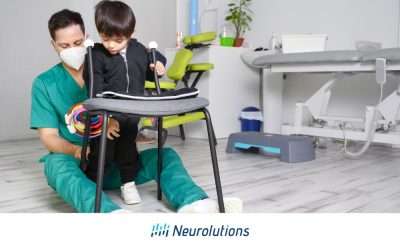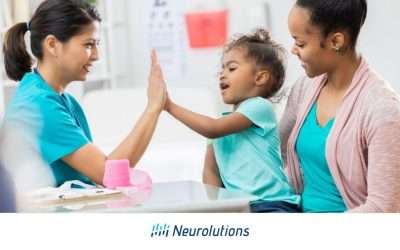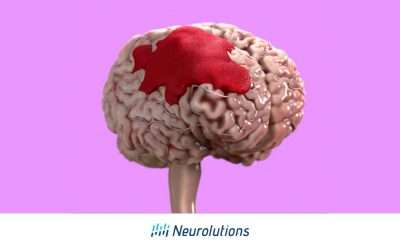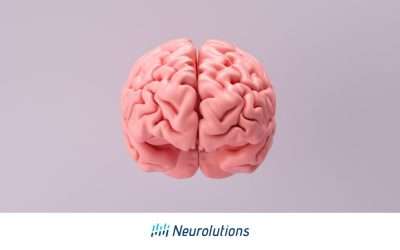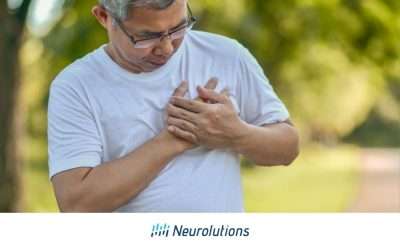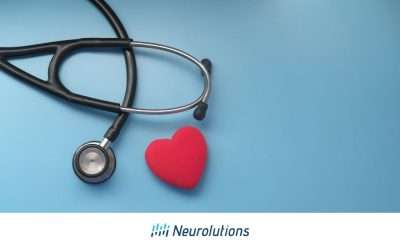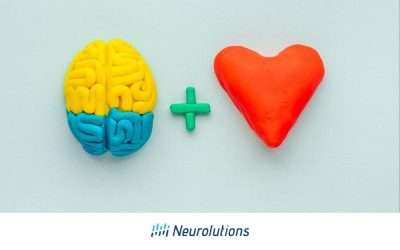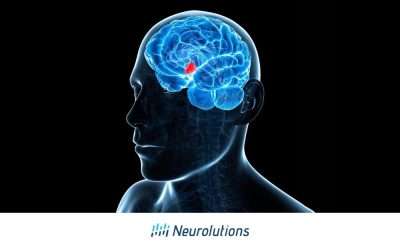Introduction to Brain Plasticity Brain plasticity is defined as the nervous system's ability to create new nerve communication pathways in the...
Stroke Information
and Recovery Articles
Your Resource for Understanding
Strokes and Stroke Recovery
Understanding Spastic Diplegia: Causes, Symptoms, and Treatment Options
What is Spastic Diplegia? Spastic diplegia, a subtype of Cerebral Palsy (CP), primarily affects leg movement, causing stiffness and jerky...
Comprehensive Guide to Pediatric Stroke
Pediatric strokes can be ischemic (resulting from blood clots) or hemorrhagic (due to brain bleeding), stemming from diverse factors and...
Brain Bleed vs Stroke
Brain bleeds are dangerous and can affect brain functions. While most strokes are caused by clots (ischemic), a significant portion results...
Understanding Massive Stroke
Strokes are a major health issue that can cause serious brain damage. However, with prompt medical intervention and effective rehabilitation...
Understanding Contractures
A Comprehensive Guide to Contracture Causes, Prevention, and Treatments Abnormal structural changes to muscles, tendons, ligaments, or skin...
Understanding Cervical Spondylosis and Heart Palpitations: Connections and Implications for Stroke Risk
Cervical spondylosis (CS) and heart palpitations are conditions individuals are more likely to encounter as they age. CS is a painful...
The Brain-Heart Connection: Understanding How the Brain Influences Heart Function
While it is obvious that the brain and heart are critical to human functioning, one might not realize how much these two organs impact each...
The Hypothalamus: A Key Player in Brain & Heart Health
The hypothalamus is the part of the brain that controls most of the human body’s involuntary activities. Specifically, it controls the...

